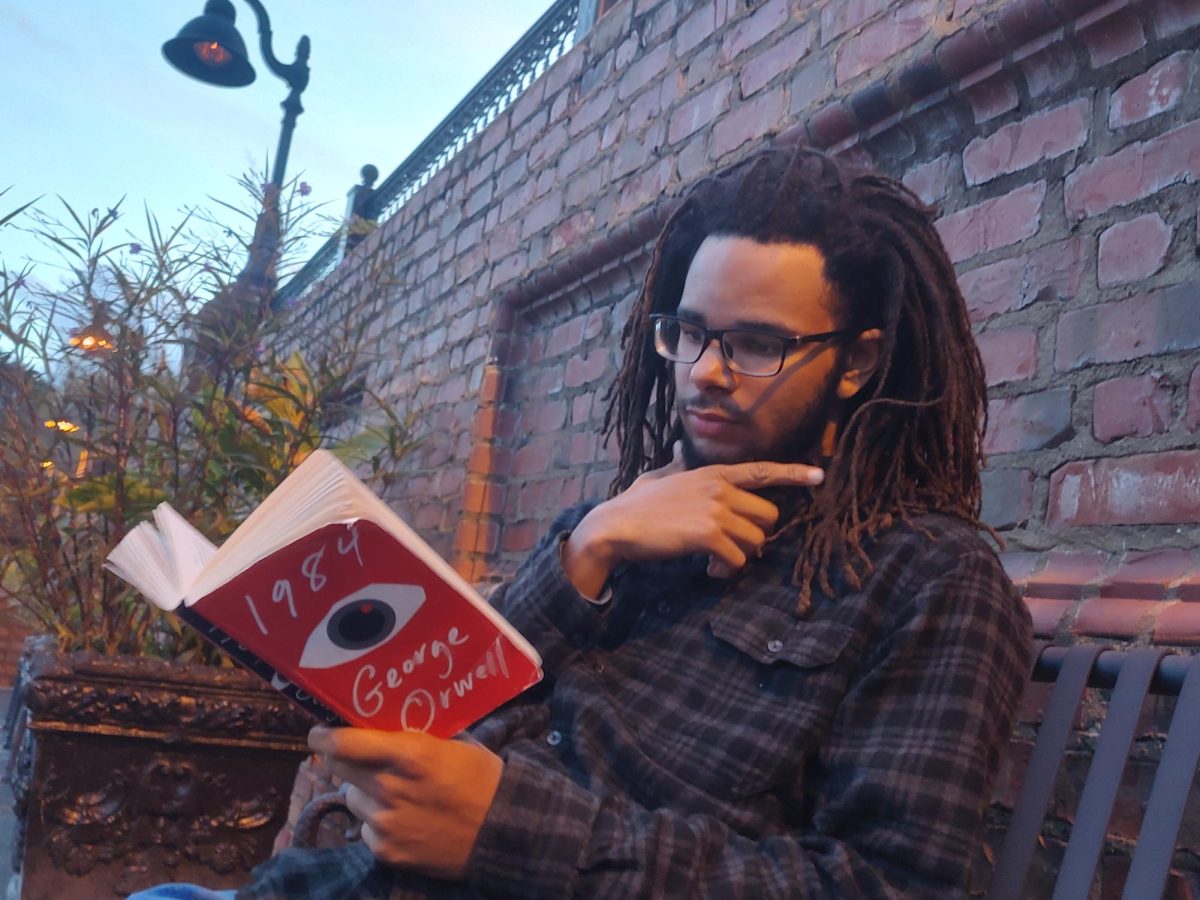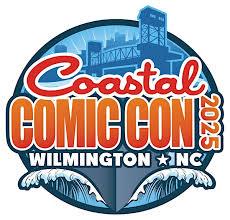
Literature is one of our oldest means of expression, dating back thousands of years. Whether American, Russian, Chinese, etc., every country has its own great works of literature. Many of which have shaped ideas, cultures, religions, and communities.
While the first pieces of literature may have been scribbled on a scroll, we now have a plentiful amount of literature at our fingertips in libraries, bookstores, online as eBooks, or through Audiobooks. Several modern works, many of which in the YA genre; such as Harry Potter, Twilight, and The Hunger Games, have all been cultural phenomena that helped shape a generation.
However, most modern books, in one way or another, were shaped by the works that came before them, and some classic pieces of literature stand completely on their own, their ideas and presentation too unique and complex to be properly replicated. Below is a list of classic works I believe are still just as entertaining, relevant, and unique as the long line of works afterward.
1984 by George Orwell
Written in 1949 by English author George Orwell, 1984 is an often surprisingly accurate interpretation of the many decades to follow in the world. Dealing with themes of totalitarianism, communism, free will, politics and more, 1984’s themes, characters, and worldbuilding is incredibly well crafted. With plenty of action, political thriller suspense, romance, and shocking revelations; the world of 1984 certainly may not be a world you would love to exist in in real life, but may certainly be a place worth exploring in this dystopian masterpiece.
The Hobbit by J.R.R. Tolkein
While J.R.R. Tolkein’s The Lord of the Rings and other middle-earth works may be extremely captivating, it is often a long journey before readers truly discover the magic of this world. However, the English author’s 1937 novel The Hobbit, while first in the middle-earth saga, is a book that can very well stand on its own. With just enough fantastical elements to satisfy fans of fantasy, and just enough whimsical worldbuilding and character work to capture the imagination of any adventure-loving reader, The Hobbit is an essential read for anyone interested in a short, but worthwhile, adventure through the land of middle-earth.
Crime and Punishment by Fyodor Dostoevsky
While significant in its length, the 1866 Russian thriller by Fyodor Dostoevsky is full of unique, psychological suspense while also offering interesting commentary not just on Russia’s shift into the new age, but also on the complexities of the human psyche in general.
The Time Machine by H.G. Wells
H.G. Wells, who is known as the father of modern science fiction, first established using the time machine as a plot device (while also heavily popularizing the concept) in his first ever finished story, the 1895 story The Time Machine follows a scientist telling the story of his adventure into a distant, post-apocalyptic future. It retains an element of mystery, suspense, and excellent worldbuilding that helped establish science-fiction as a notable and popular genre. It is also the shortest book on the list, clocking in at a mere one-hundred and fourteen pages.
The Catcher in the Rye by J.D. Salinger
An often banned book in schools, The Catcher in the Rye is an angsty, fast-paced, and often witty social commentary with great characters and has aged surprisingly well. Often when reading, realizing the story takes place in the 1940’s may come as a surprise, as the themes and emotional weight of the story truly is timeless. Deceptively simple and strangely poetic, The Catcher in the Rye is a great first-read for readers wanting to try classic fiction and is a book you may get more out of the more you revisit it.
Carrie by Stephen King
While more of a modern classic, Stephen King’s Carrie helped popularize horror novels as well as the teen-centered stories that have become acquainted with horror media. A short-and-sweet epistolary novel, Carrie is a decide-for-yourself story with many surprisingly comedic beats while still retaining its dark tone, creating a deliciously scary story with relatable, likable characters that leave you wanting more when the final page is turned.
To Kill A Mockingbird by Harper Lee
The 1960 novel To Kill A Mockingbird, authored by Harper Lee, is one of the only two novels she ever published, however, she has received critical acclaim and created one of the most commonly read classics of all time. Despite its rather cliche status as a classic, it is a earnest, sympathetic, relatable, and surprisingly clever story about a simple American town. While heavy in its themes of 19th century American racism, it is a thoughtful, meaningful look at how prejudice hurts everyone, creating a lasting, powerful impact on the reader.
Literature has a long, rich history that has roots in most cultures and being exposed to this diverse art can transport you to a variety of time periods, locations, and can allow you to meet many new people with new perspectives. Reading classic literature can give you a unique, worthwhile experience that may broaden your perspective on the world.
There is a classic book for everyone: you just have to find yours.



















